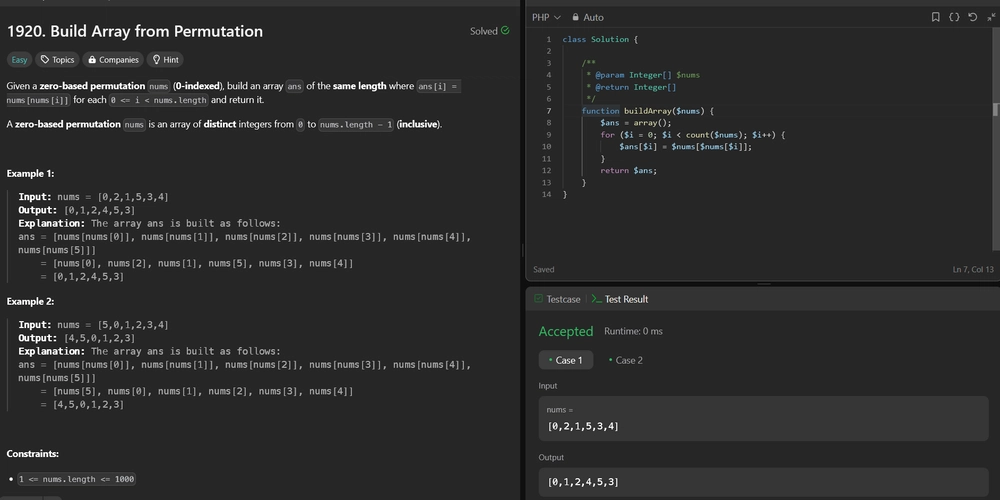Why do C# developers newline opening brackets?
I've spent most of the last several years working mainly with C# and SQL. Every programmer I've worked with over that time was in the habit of placing the opening brace of a function or control flow statement on a new line. So ... public void MyFunction(string myArgument) { //do stuff } if(myBoolean == true) { //do something } else { //do something else } I have always been struck by how space wasteful this is, especially in if/else statements. And I know alternatives exist in later versions of C#, like: if(myBoolean == true) //do something on one line of code But hardly anyone used them. Everyone did the curly-brace-on-newline thing. Then I got back into doing JavaScript after a long absence. In my memory, JavaScript developers used to do the exact same curly-brace-newline thing but with all the fancy new libraries and stuff, most developers put the opening brace after the declaration: function MyJavaScriptFunction() { //do something } You can see the sense in this, because since using closures and function pointers has become popular in JavaScript, it saves a lot of space and makes things more readable. So I wondered why it wasn't seen as the done thing in C#. In fact, if you try the above construct in Visual Studio 2013, it actually reformats it for you, putting the opening brace on a new line! Now, I just saw this question on Code Review SE: https://codereview.stackexchange.com/questions/48035/questions-responses-let-me-tell-you-about-you In which I learned that in Java, a language I'm not overly familiar with, it's considered de-rigour to open your curly braces right after the declaration, in modern JavaScript fashion. I had always understood that C# was originally modelled after Java, and kept to a lot of the same basal coding standards. But in this instance, it seems not. So I presume there must be a good reason: what is the reason? Why do C# developers (and Visual Studio) enforce opening curly brackets on a new line?
I've spent most of the last several years working mainly with C# and SQL. Every programmer I've worked with over that time was in the habit of placing the opening brace of a function or control flow statement on a new line. So ...
public void MyFunction(string myArgument)
{
//do stuff
}
if(myBoolean == true)
{
//do something
}
else
{
//do something else
}
I have always been struck by how space wasteful this is, especially in if/else statements. And I know alternatives exist in later versions of C#, like:
if(myBoolean == true)
//do something on one line of code
But hardly anyone used them. Everyone did the curly-brace-on-newline thing.
Then I got back into doing JavaScript after a long absence. In my memory, JavaScript developers used to do the exact same curly-brace-newline thing but with all the fancy new libraries and stuff, most developers put the opening brace after the declaration:
function MyJavaScriptFunction() {
//do something
}
You can see the sense in this, because since using closures and function pointers has become popular in JavaScript, it saves a lot of space and makes things more readable. So I wondered why it wasn't seen as the done thing in C#. In fact, if you try the above construct in Visual Studio 2013, it actually reformats it for you, putting the opening brace on a new line!
Now, I just saw this question on Code Review SE: https://codereview.stackexchange.com/questions/48035/questions-responses-let-me-tell-you-about-you In which I learned that in Java, a language I'm not overly familiar with, it's considered de-rigour to open your curly braces right after the declaration, in modern JavaScript fashion.
I had always understood that C# was originally modelled after Java, and kept to a lot of the same basal coding standards. But in this instance, it seems not. So I presume there must be a good reason: what is the reason? Why do C# developers (and Visual Studio) enforce opening curly brackets on a new line?

















_Brian_Jackson_Alamy.jpg?width=1280&auto=webp&quality=80&disable=upscale#)
_Steven_Jones_Alamy.jpg?width=1280&auto=webp&quality=80&disable=upscale#)


.jpg?width=1920&height=1920&fit=bounds&quality=70&format=jpg&auto=webp#)















































